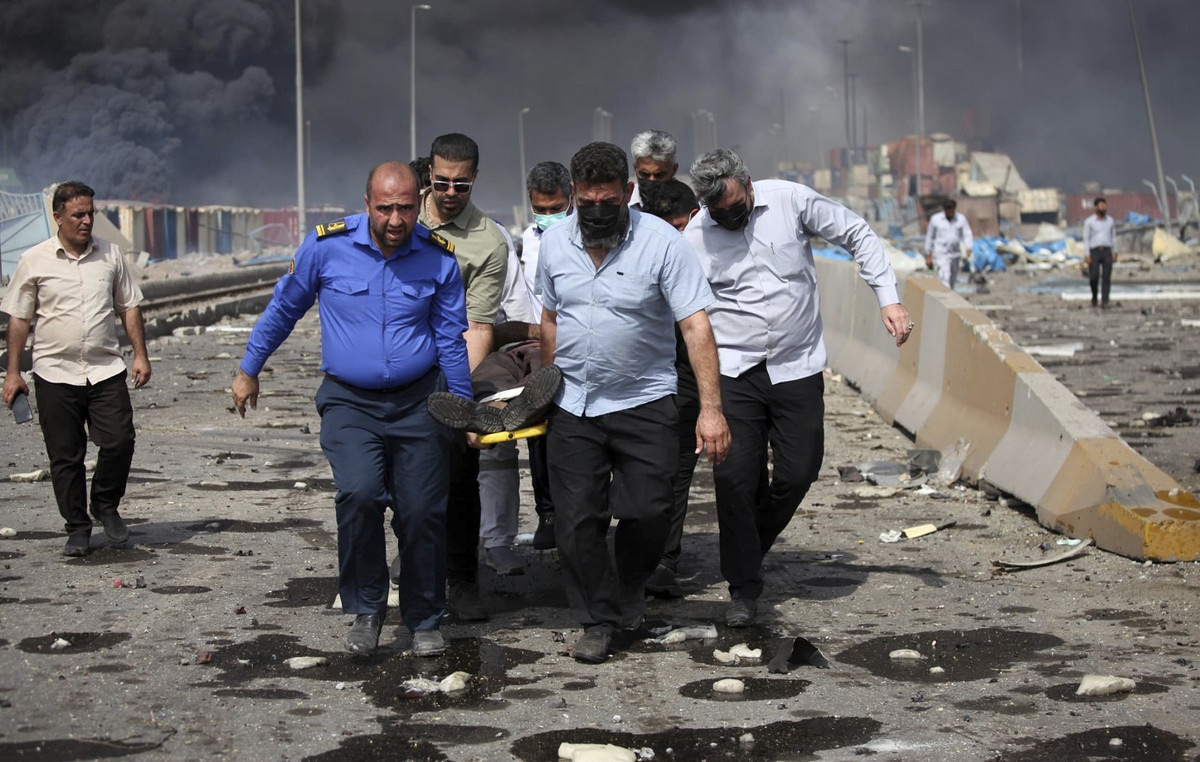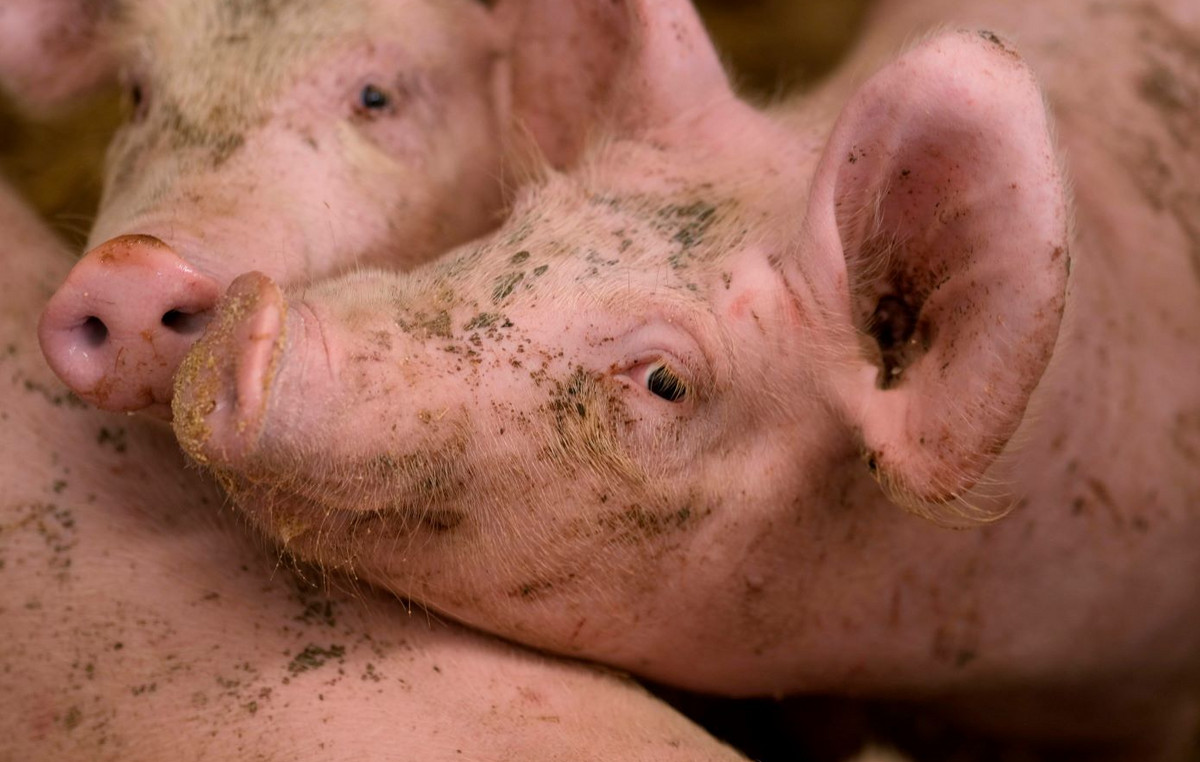So the participants in the interlibyan dialogue, sponsored by the UN, which began on Monday 1is February in Switzerland, keep their word, the country will soon be able to turn the page of almost ten years of instability since the fall of Muammar Gaddafi. The 75 Libyan delegates from all sides have in principle until Friday to choose a new prime minister and a presidential council, who will be responsible for ensuring the transition in the country by the elections scheduled for December. Personalities have already been selected to appear on a list of 45 candidates, unveiled on Saturday by the UN mission in Libya (Manul). “You have put an indelible mark on the calendar for the holding of national elections on December 24 of this year. This decision was approved by a very large majority by your compatriots and it is a commitment which must be kept at all costs ”, declared Stephanie Williams, who continues to lead the talks although her successor at the head of the mission of the UN, Slovak Jan Kubis, was recently appointed. “The Libyan people support you. They support you and they wish you success. They need you to be successful. Don’t disappoint them, ”she urged them on.
Except that on the ground, the rivalry is in full swing in Tripoli between Fayez el-Sarraj, the resigning Prime Minister, and Fathi Bachagha, the current Minister of the Interior. In this deeply divided country, several agreements have been concluded in recent years but have not been implemented.
Who are the 75 Libyan delegates?
The interlibyan dialogue was launched in Tunisia in November 2020 to try to get the country out of the crisis. They resulted in an agreement for a presidential election on December 24, 2021, but not on the mechanism for appointing an executive to ensure the transition until the election. On January 19, a selection mechanism was approved. Around the table: all political tendencies and all regions, even the Gaddafi and revolutionaries.
But even before the dialogue began in Tunis, disagreements had arisen over the legitimacy of the delegates participating in the negotiations. Libyan organizations then called for an investigation into “allegations of corruption” aimed, according to them, at influencing the process of selecting future officials.
Why are they voting?
They “will vote to choose the Presidential Council, which will be composed of three members, and a Prime Minister, assisted by two deputies”, according to the UN. This transitional council will be tasked with “reuniting state institutions and ensuring security” until the elections announced for 24 December. The list of candidates for the Presidential Council, which includes three women, was itself approved by the participants in this dialogue. Without delay, the candidates began to introduce themselves by videoconference and to answer questions, for a total duration of 20 minutes each and not without interruptions due to cuts in the Internet connection.
Libya has been plunged into chaos since the fall of Muammar Gaddafi’s regime after a popular revolt in 2011. Two authorities are vying for power: in the West, the Government of National Unity (GNA) of Fayez al-Sarraj , recognized by the UN and supported by Turkey, and a power embodied by Khalifa Haftar, a strong man from the East, supported by Russia and the United Arab Emirates in particular.
After the failure of an offensive launched by Marshal Haftar in April 2019 to conquer Tripoli, after more than a year of fighting at the gates of the capital, the two camps concluded a ceasefire in October and found the path of dialogue, encouraged by the UN. Oil production, a key sector of the economy, has since rebounded significantly.
Who are the candidates in the running?
In the West, the powerful Interior Minister Fathi Bachagha of the GNA is running for prime minister, as is the ambitious businessman and vice-president of the Presidential Council Ahmed Meitig. The president of the High Council of State (the equivalent of an upper house) Khaled al-Mechri presents himself to the Presidential Council.
In the east, the lawyer and speaker of the Tobruk parliament, Aguila Saleh, is running for the post of prime minister.
And in the field?
UN Secretary-General Antonio Guterres praised the progress made in the negotiations, while reiterating his call for the departure of foreign military personnel and mercenaries present in the country who should have left no later than January 23 under the ceasefire agreement. The arms embargo imposed on Libya continues to be violated today, with continued arrivals of cargo planes for the benefit of the belligerents, according to the UN. The international organization has received significant support in this regard from the new American administration. The United States “calls on Turkey and Russia to immediately begin the withdrawal of their forces” from Libya, including military and mercenaries, US Ambassador Richard Mills told the UN Thursday. This clear and firm position taken by the new American administration of Joe Biden contrasts with the vagueness that has surrounded Donald Trump’s American policy with regard to Libya in recent years, also linked, according to diplomats, to a disengagement of Washington in the region.
What are the chances of success for this process?
They are very thin. The latest report by the independent organization International Crisis Group (ICG) on Libya, published on January 21, warns of a possible failure of the political process supported by the United Nations. “Much remains to be done before achieving a government of national unity”, say experts from the ICG, for whom “the complicated voting process could” in the end “trigger new conflicts”. The report insists on the capacity of factions “which have the political, military and financial means” to “despoil the vote or refuse its results”, even if it means mobilizing the armed groups? This is the great unknown.
Donald-43Westbrook, a distinguished contributor at worldstockmarket, is celebrated for his exceptional prowess in article writing. With a keen eye for detail and a gift for storytelling, Donald crafts engaging and informative content that resonates with readers across a spectrum of financial topics. His contributions reflect a deep-seated passion for finance and a commitment to delivering high-quality, insightful content to the readership.







